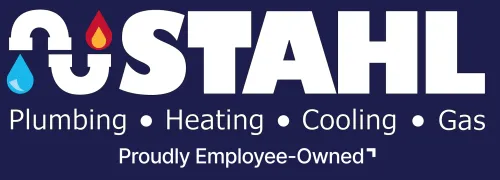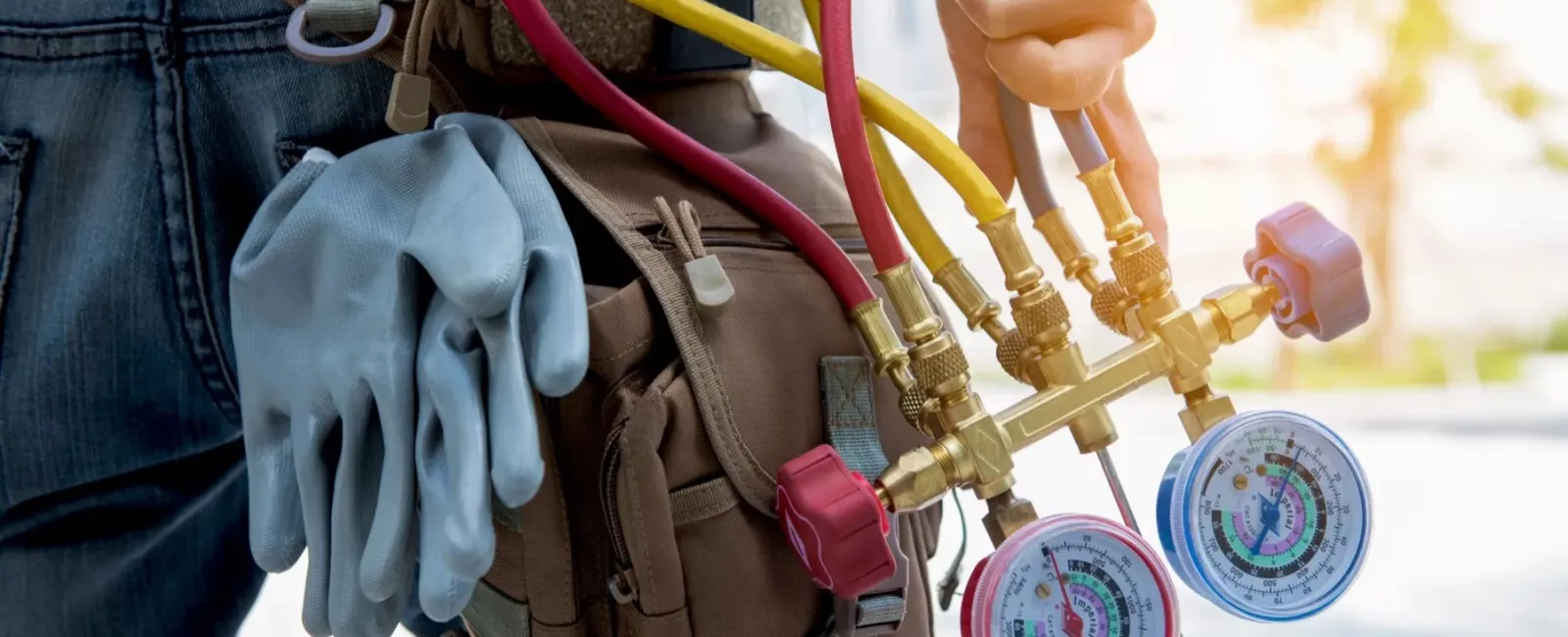 Have you been wondering why your bathroom pipes keep leaking, your tap lever refuses to turn, or some other plumbing works in your home keep getting faulty? This could be due to several reasons, the most common of which are plumbing installation mistakes. Stahl Plumbing explains some general tips on plumbing installation so that you can avoid major damage or injury.
Have you been wondering why your bathroom pipes keep leaking, your tap lever refuses to turn, or some other plumbing works in your home keep getting faulty? This could be due to several reasons, the most common of which are plumbing installation mistakes. Stahl Plumbing explains some general tips on plumbing installation so that you can avoid major damage or injury.
If you are attempting to install your own plumbing without professional help, there are factors you should consider. These include knowing the appropriate equipment to use, making preparations for the plumbing work area, knowing whether some equipment requires special expertise, and knowing when the job is out of hand.
Know the Appropriate Equipment or Tools
The equipment needed for any plumbing installation services depends on the nature of such a task. Here are some general tools and equipment needed for each renovation:
- Bathroom floor: You will need a palate, a heavy hammer to break the floor, cement, sharp sand, and water.
- Shower: You will need silicon caulk, construction adhesive, shower wall sets, and panels, insulator, a pry bar, and a keyhole saw.
- Tiles installation: You will need a wet saw, grout float, trowel, and mortar.
Prepare the Work Area
Getting the worksite ready will make your work smoother and prevent errors. If you are installing plumbing you may need to:
- Take correct measurements.
- Know the required installation materials needed for the project.
- Check for holes that need to be filled or slopes that should be flattened before installing tiles or bathtubs (especially before drilling valve holes).
Precautions to Take
- While working with supply tubes, toilet bolts, fittings or pipes, be careful not to overtighten the connections, as these can break the fittings.
- Know how to wrap the tapes. For example, the PTFE thread tape (Teflon tape) requires a clockwise turn. Turning it the other way could make it not work properly.
Hire an Expert for the Electrical Works
 Do not make the mistake of re-installing or uninstalling electrical lines at the wrong time. For instance, if the repair project requires you to move electrical wires or fixtures with electrical wiring around, you may need to first disconnect electrical lines. Get an expert to handle all electrical work to avoid damage or injury.
Do not make the mistake of re-installing or uninstalling electrical lines at the wrong time. For instance, if the repair project requires you to move electrical wires or fixtures with electrical wiring around, you may need to first disconnect electrical lines. Get an expert to handle all electrical work to avoid damage or injury.
There are some installations that require experience and knowledge of the field. If you don't have a lot of knowledge about plumbing, call an expert. Don't wait until your DIY plumbing installation becomes a bigger issue because you did something incorrectly. Avoid a bigger problem and having to spend extra money to fix a mistake by seeking help from plumbing experts. If you need a plumbing installation contractor in Pittsburgh, PA, contact Stahl Plumbing. They're always one call away to help you out.

